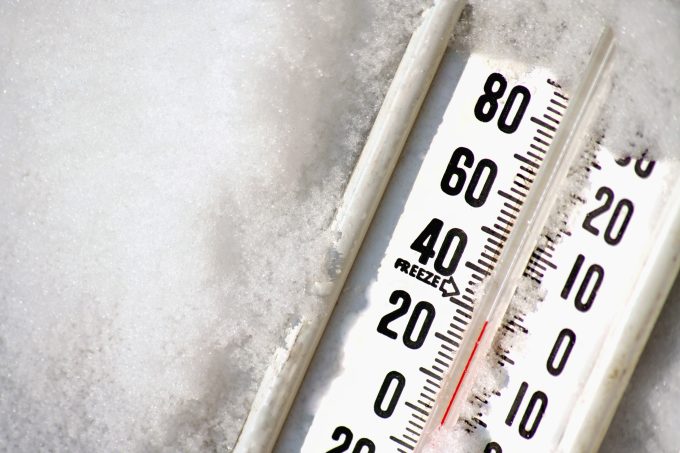Top box lines locked out of Santos bid as Maersk loses appeal
Maersk’s appeal to Brazil’s judiciary that it ought to be allowed to bid for port ...

Emirates and UK supermarket Iceland have become the latest members of the Move to -15C Coalition, as it celebrates its one-year anniversary.
Emirates and Iceland join major players across retail, production and distribution, including DP World, Project44, Maersk, Kuehne+Nagel, Nomad Foods and Morrisons, which is already ...

Comment on this article